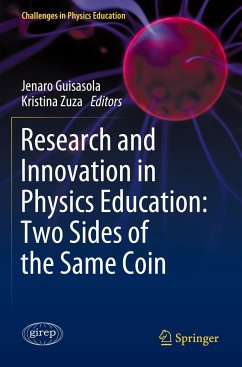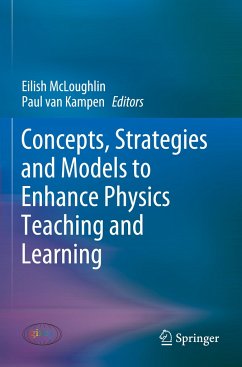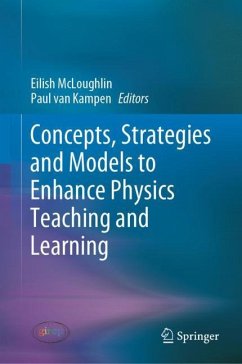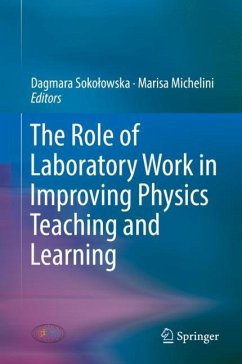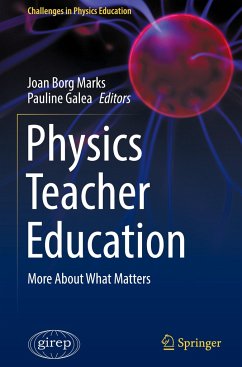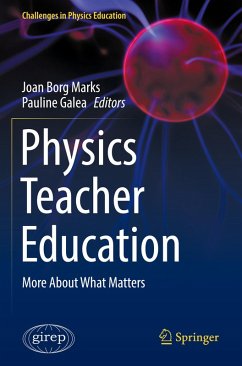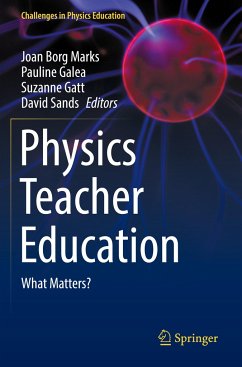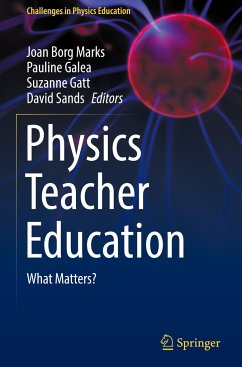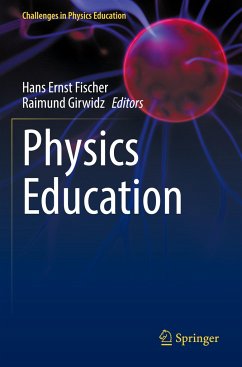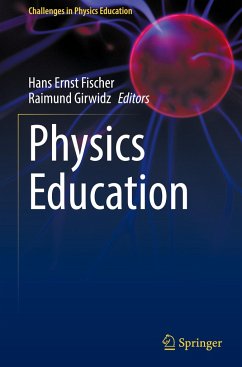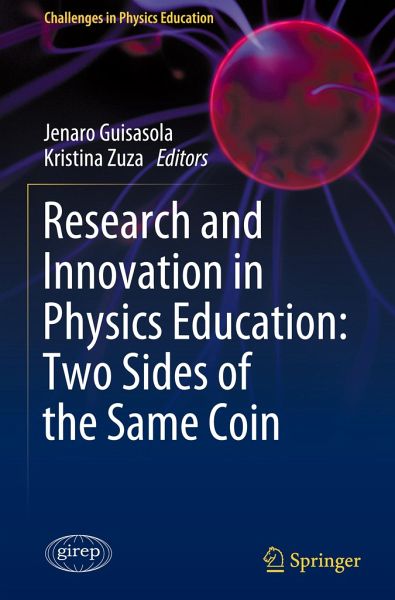
Research and Innovation in Physics Education: Two Sides of the Same Coin

PAYBACK Punkte
38 °P sammeln!
This book describes novel approaches designed to enhance the professional training of physics teachers, and explores innovations in the teaching and learning of physics in the classroom and laboratory. It features selected contributions from the International Research Group on Physics Teaching (GIREP) and Multimedia in Physics Teaching and Learning (MPTL) Conference, held in Donostia-San Sebastian, Spain, in July 2018, which brought together two communities: researchers in physics education and physics teachers. The book covers a broad range of topics, highlighting important aspects of the rel...
This book describes novel approaches designed to enhance the professional training of physics teachers, and explores innovations in the teaching and learning of physics in the classroom and laboratory. It features selected contributions from the International Research Group on Physics Teaching (GIREP) and Multimedia in Physics Teaching and Learning (MPTL) Conference, held in Donostia-San Sebastian, Spain, in July 2018, which brought together two communities: researchers in physics education and physics teachers. The book covers a broad range of topics, highlighting important aspects of the relationship between research and innovation in the teaching of physics, and presenting fresh insights to help improve learning processes and instruction. Offering a contemporary vision of physics teaching and the learning process, the book is of interest to all teachers and researchers committed to teaching and learning physics on the basis of good evidence.





